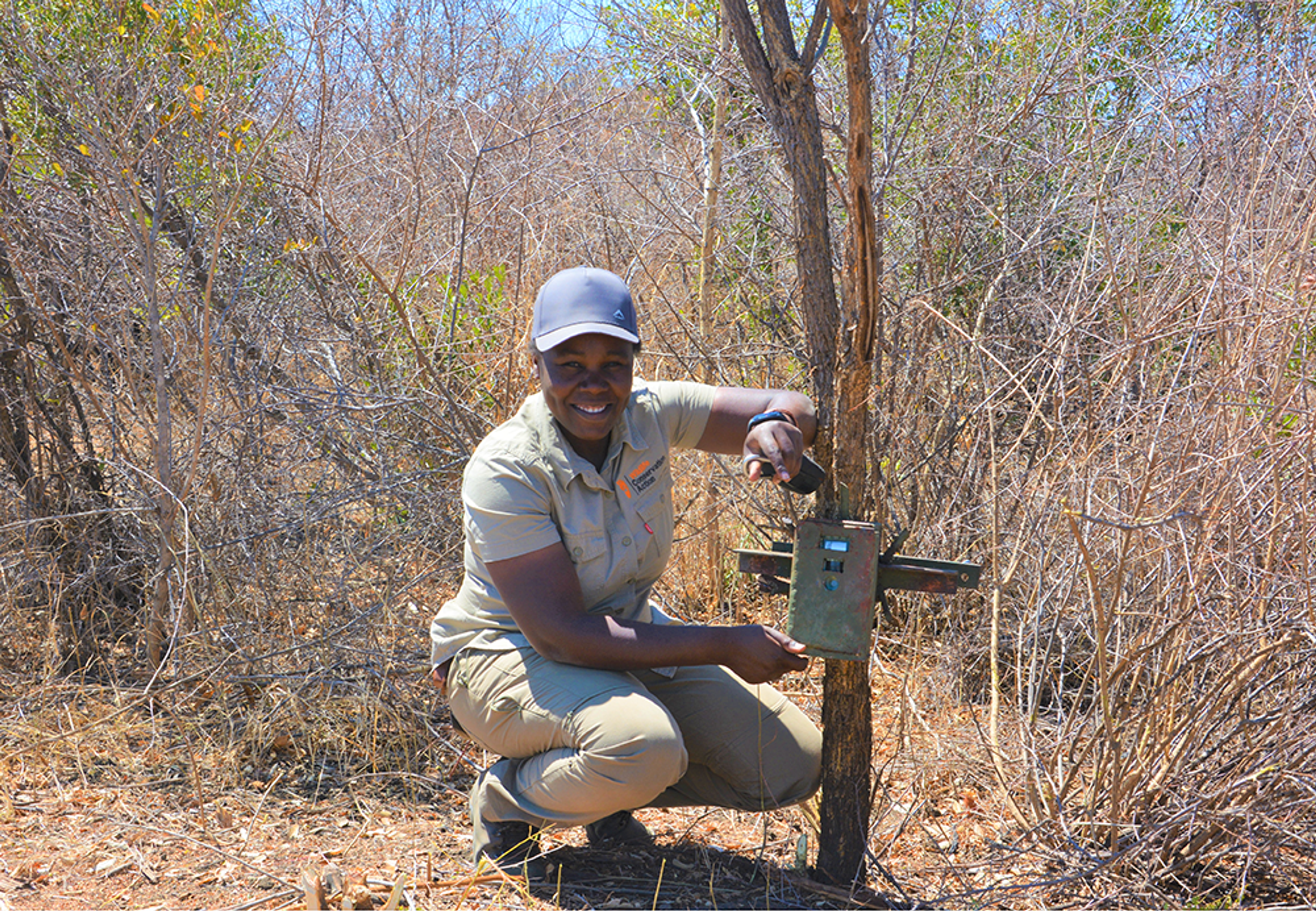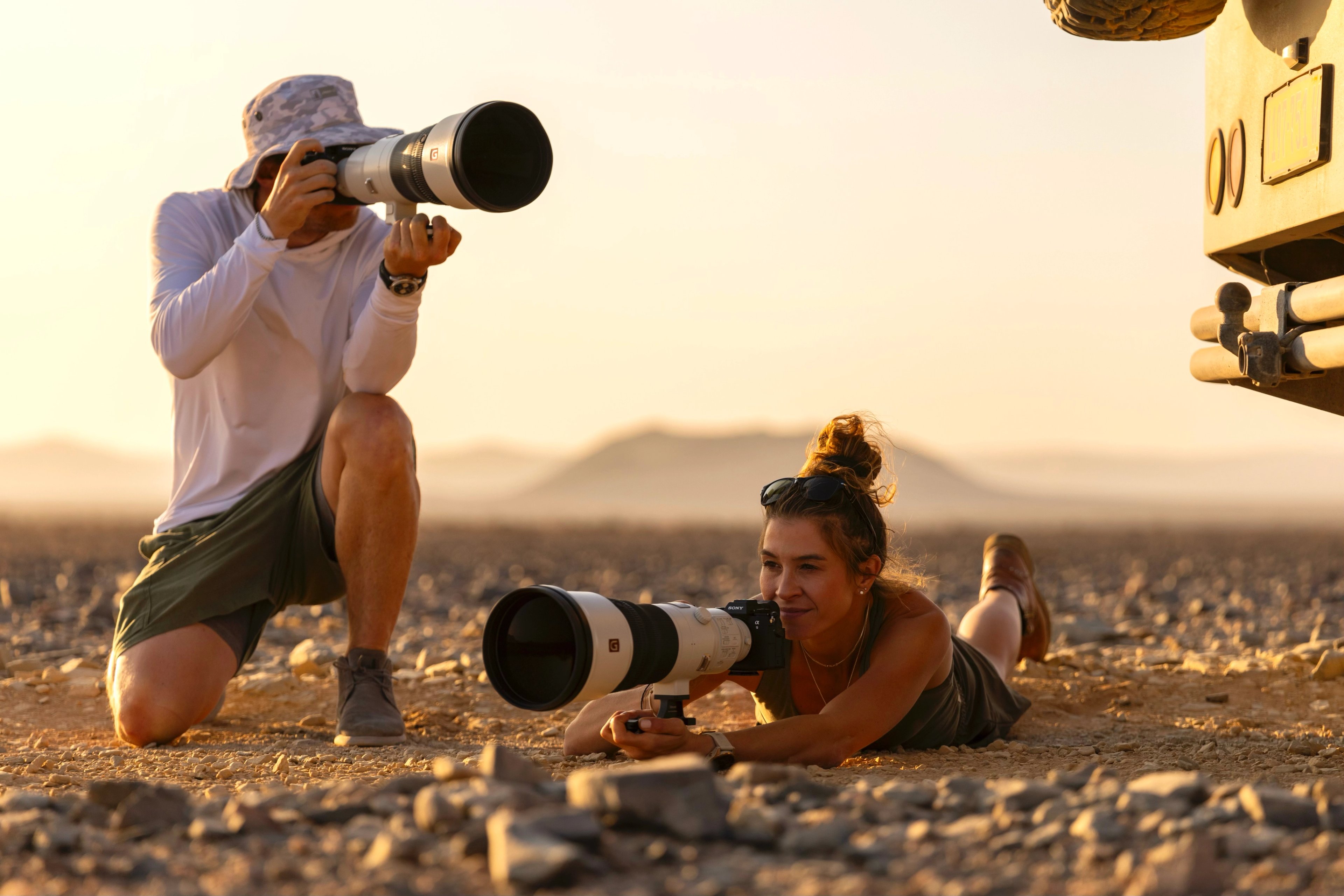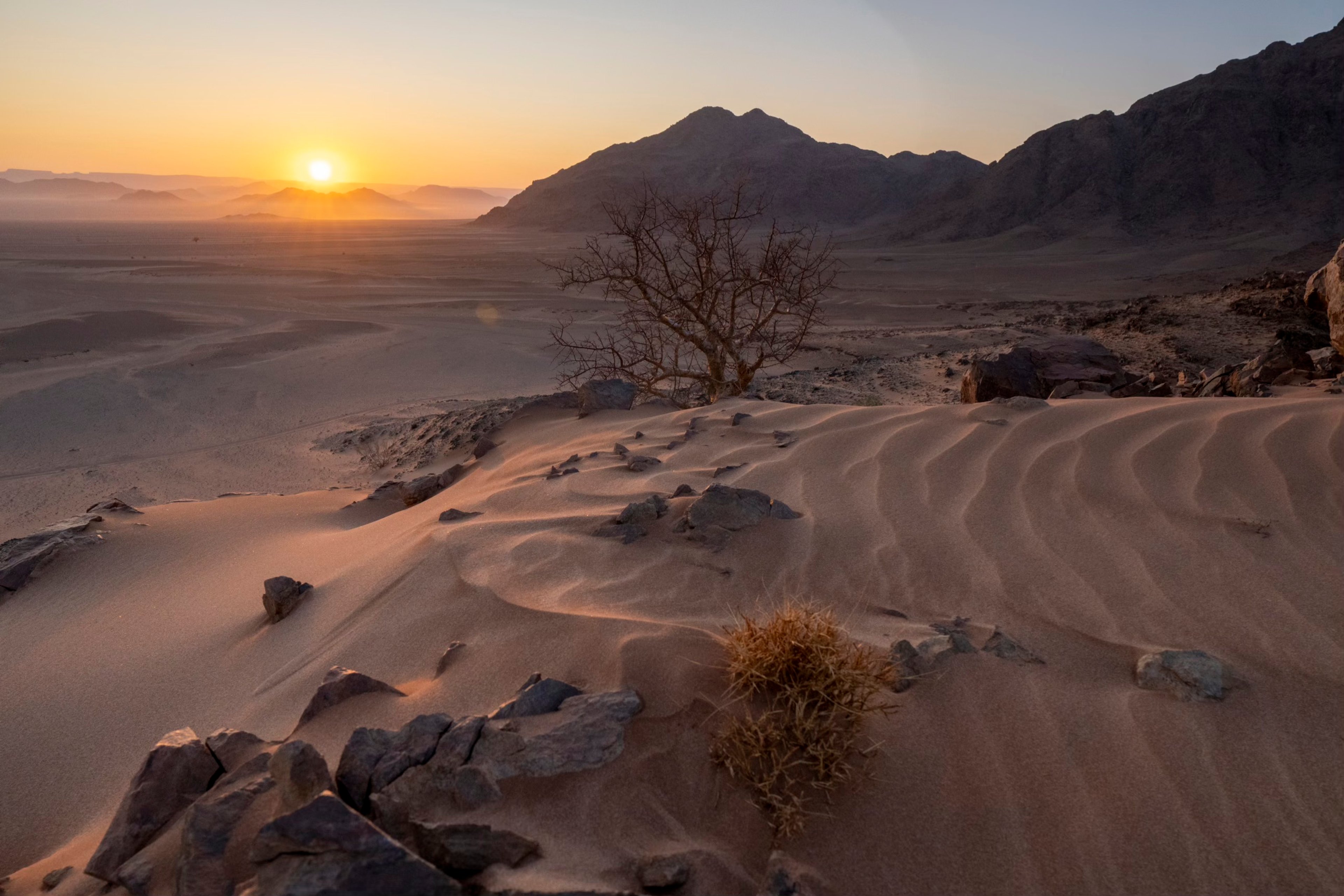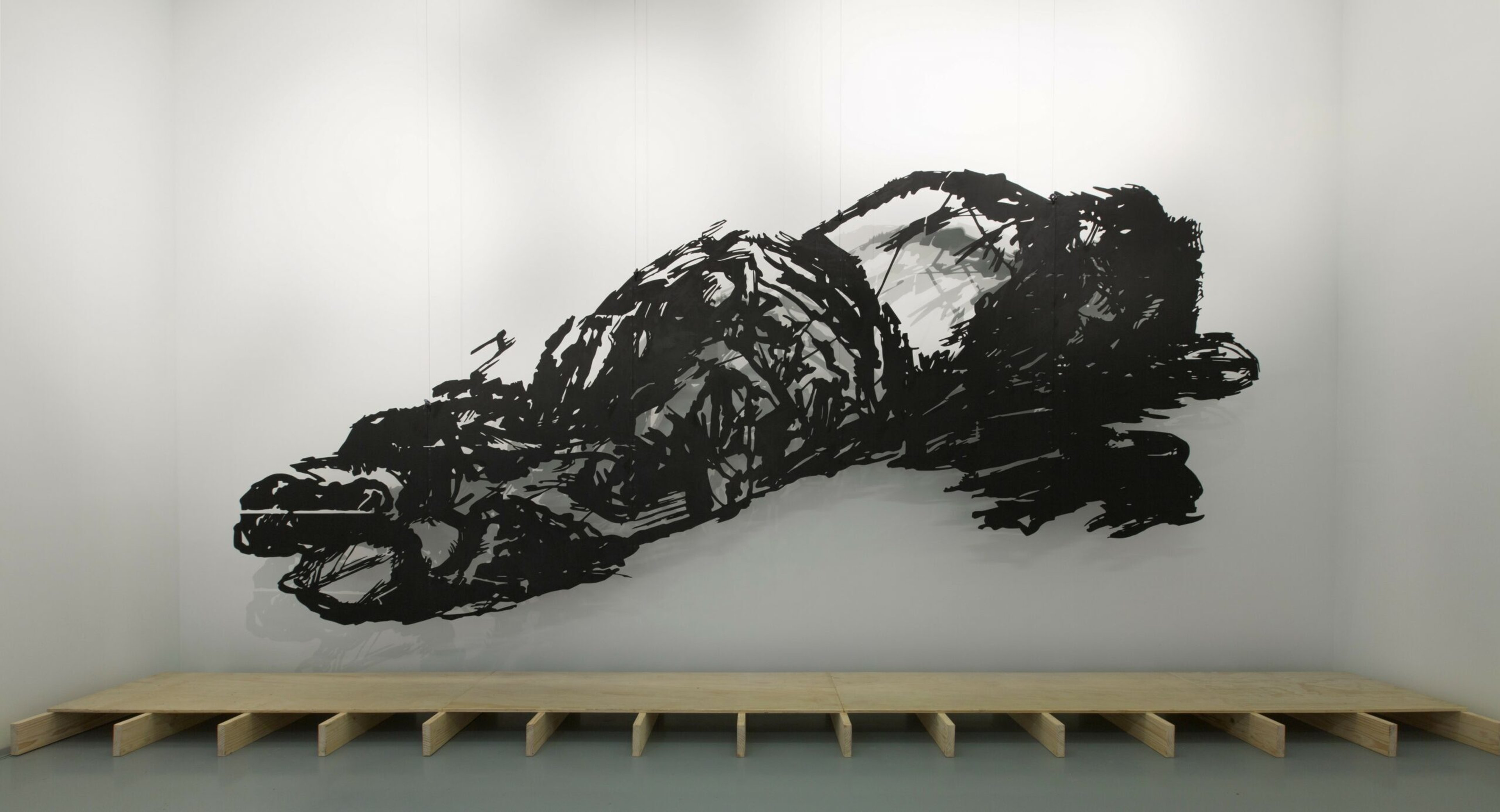“I absolutely love what I do. I love seeing other people improving their livelihoods from the small loan we give them.”
After a 28-year-strong career in commercial banking, Virginia Sibanda wanted to do something else with her life. In the financial arena, she noticed that “there was something missing that wasn’t speaking to women”. Mrs Sibanda decided to use her vast experience to understand the pain points of rural communities and design financial products that address those pain points, focusing on women, small farmers, and youth. Thus, VIRL Financial Services, a microfinance provider, was born. VIRL (which stands for viability, integrity, reliability, long-lasting relationships) operates off the premise that those with the easiest access to money need it the least. For Mrs Sibanda, economically empowered women hold the key to building resilient communities. Alongside providing life-changing loans, VIRL empowers women through its social foundation, teaching business and technical skills, financial literacy, and market and financial linkages. And to date, VIRL loans have reached 11,700 women, totalling an $11.7 million investment in agriculture and solar power, bringing light, heat, equipment, and other essential services to rural villages.
“Challenges are always there; they are part of our lives. I look for solutions every day of my life.” Interestingly, Mrs Sibanda’s own problems in accessing the capital needed to found VIRL became part of the solution. She opted to look beyond traditional lenders, as no commercial bank would lend her the money needed, and collaborate with NGOs already operating in rural communities. This collaboration continues today.
Virginia Sibanda holds a Master of Business Administration degree from Bangor University in Wales in association with Manchester Business School. She is an alumnus of the International Visitor Leadership Program sponsored by USAID, which focuses on building capacity for women entrepreneurs. She is also an alumnus of the African Women Entrepreneurship Cooperative (AWEC), and past board chairperson of the Zimbabwe Association of Microfinance Institutions (ZAMFI).







